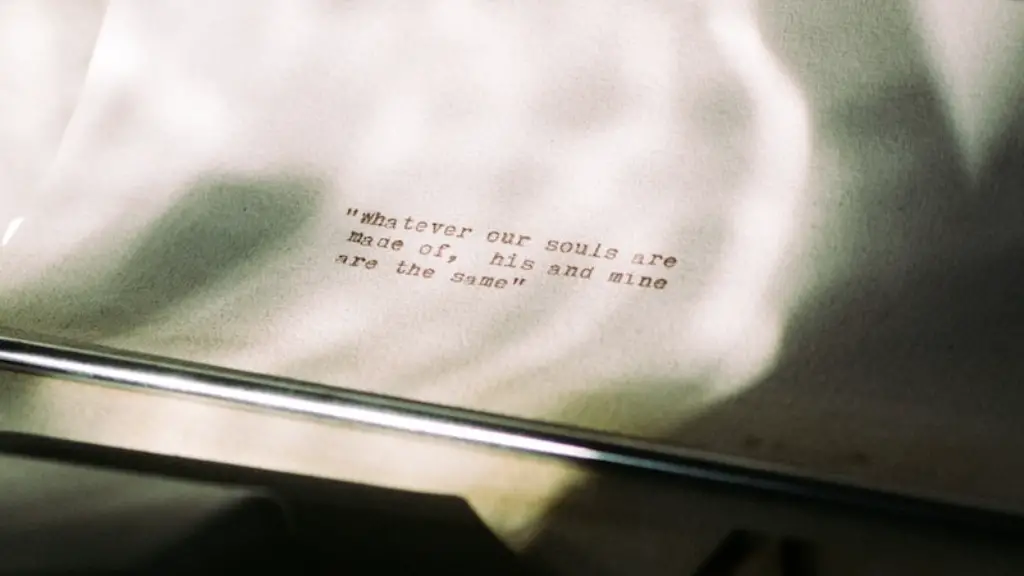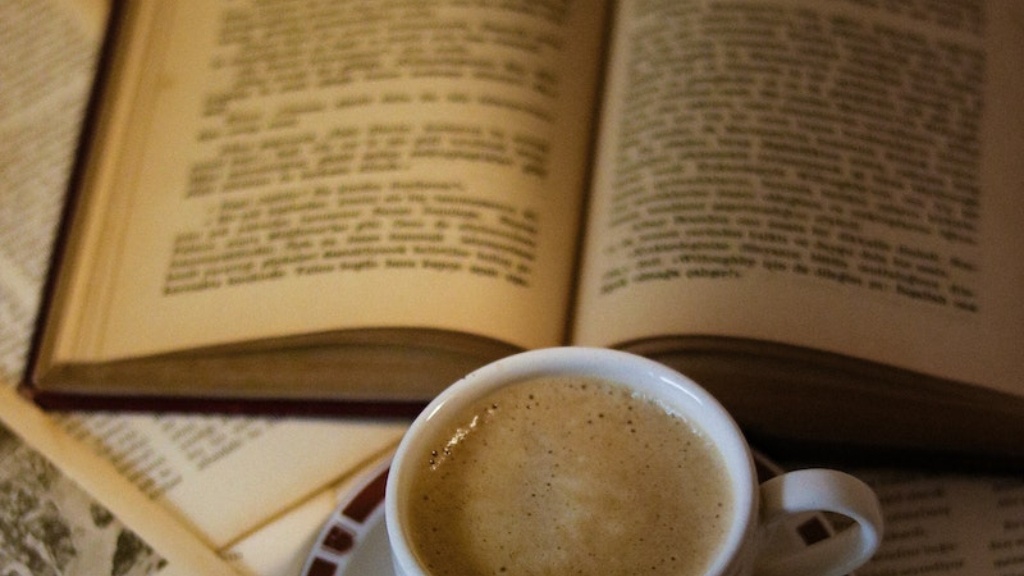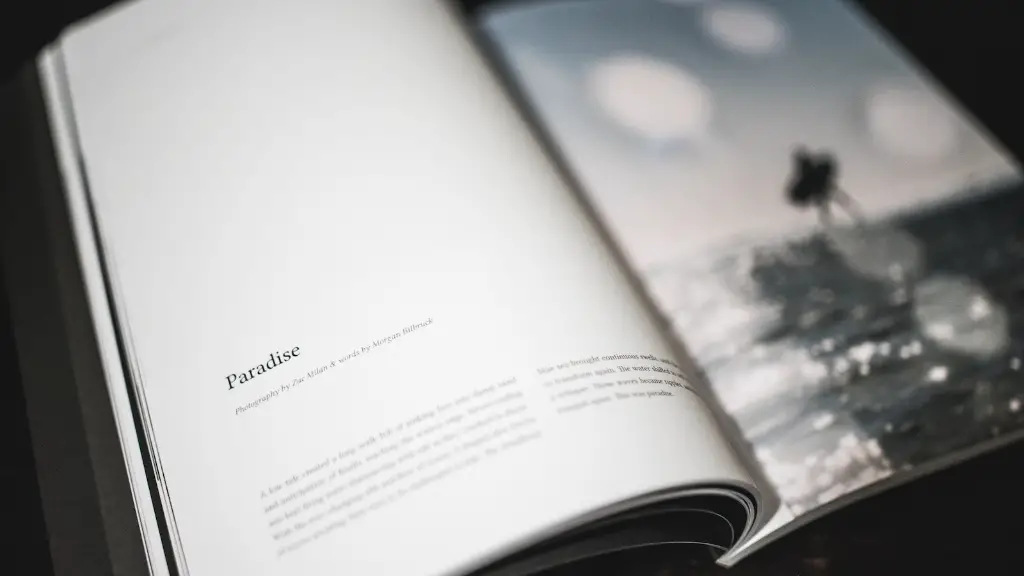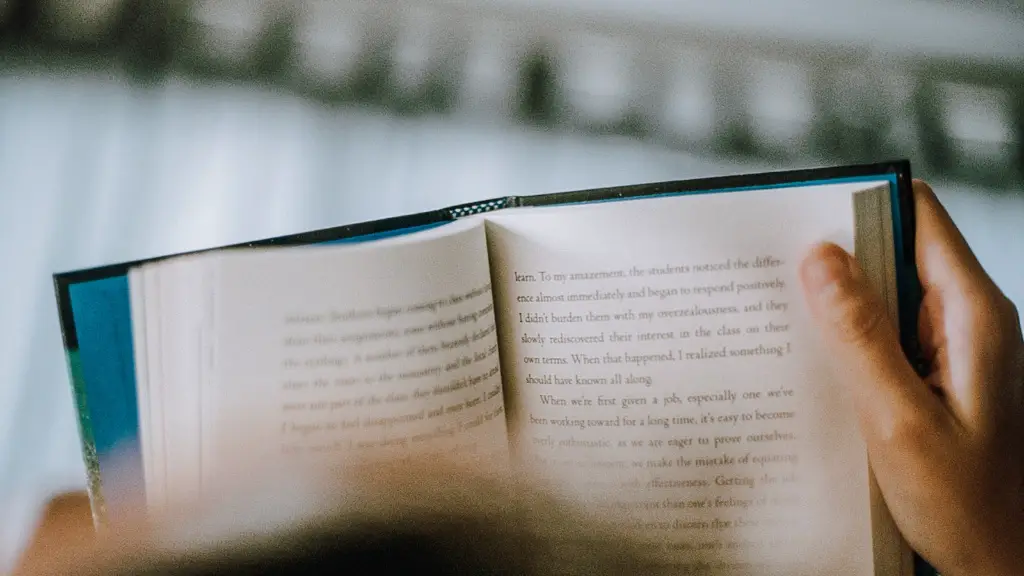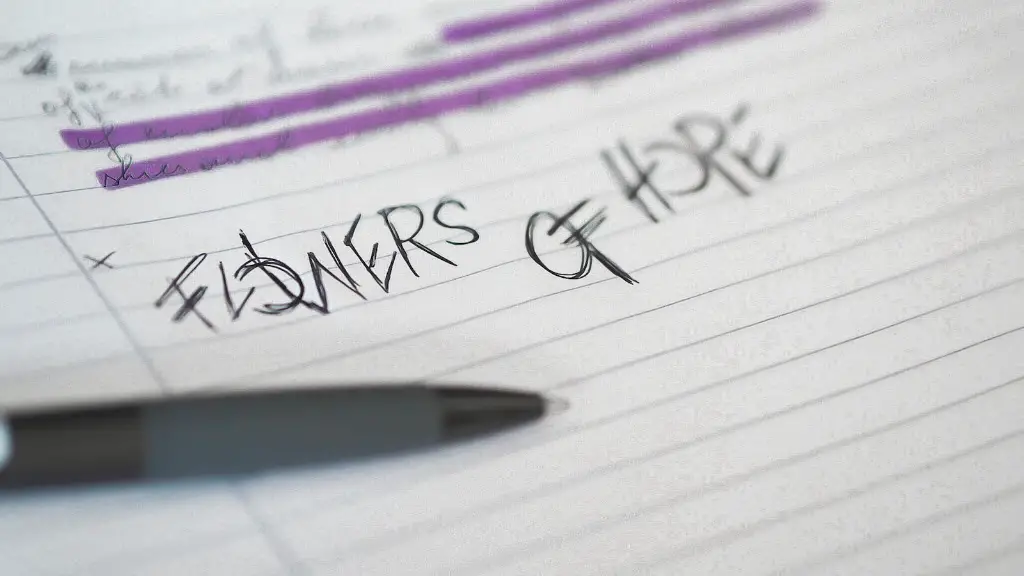How Did Poetry Begin?
Poetry has existed since ancient times, with many of the oldest recorded forms still being recited and studied. With its long and varied history, poetry has taken on many forms, styles, and techniques over the years, but its core purpose is the same – to tell stories, convey emotion, evoke images, and express feelings. Such is the power of poetry that it has continued to be popular for generations. But what exactly is the origin of poetry?
It is difficult to pinpoint the exact moment when poetry as we currently know it was first created, but many experts suggest that it had its beginnings in oral language, with stories and words being recited before they were written down. This oral tradition of poetry has been found in cultures from Europe to Africa, and is still a popular form today. Poetry has been found in various ancient religious texts, including the Vedas and the Bible.
Throughout history, poetry has been used to record events and laws, as a form of entertainment, to explore the natural world, or emphasize crucial moments in history. Poetry has been historically used to explore the spiritual realm, celebrate victories in battle, or to simply evoke emotion. This early poetry was written in patterned forms, often consisting of four-line stanzas with a specific rhythm and rhyme. In fact, many of the classic forms such as the sonnet and the haiku are still employed in modern poetry.
The invention of the printing press inspired a renewed interest in poetry and its widespread circulation. This allowed poets to have their works published and find a wide audience. Poets such as William Shakespeare, John Donne and John Milton shaped a new language, style, and form of poem-writing, inspiring generations of writers who are still making their mark today.
In the modern era, poetry has become an increasingly popular art form, with poetry books, magazines, and websites featuring poems from a variety of authors. Technology has further enabled poets to use new tools, techniques, and formats in their works. From slam poetry to performance poetry, from rapper lyrics to spoken word, there is a whole new range of creative possibilities for poets to explore.
Poetry is also a valuable tool for self-expression, helping us to make sense of our perceptions and beliefs. It can be a powerful form of communication, allowing us to explore our feelings, experiences, and emotions. Poetry can bring the beauty of language to life and help us share our humanity with the world.
The Impact of Poetry
Poetry has a profound impact on cultures and societies. Poets have long been associated with powerful images of protest and change, capturing in their words the pain, anger, and frustration of their respective situations. Poems have been used to create a unified voice, unite people in causes, or to challenge the status quo. From Maya Angelou and Langston Hughes in the US civil rights movement to the angry revolutionists of Latin America, the world has seen many examples of poetry inspiring social change.
Poetry has also been historically used to craft the national identity of a nation. Poets are often employed to create works that reflect the culture and values of a particular nation-state. This practice dates back to ancient times, with some of the earliest documented works of epic poetry called the “Homeric epics”. Today, nations from all over the world still use poetry to shape their collective identity, from the patriotic compositions of Mathew Arnold and Robert Browning to the modern works of poets such as the Nobel laureate Pablo Neruda.
Poets can also be a powerful voice of dissent against oppressive governments and regimes, exposing the truth and speaking out against injustice. From Percy Bysshe Shelley’s famous poem “Ozymandias” which offers an ironic commentary on attempts to build monuments in the face of inevitable death, to the poems of South African leader Nelson Mandela, poetry has long been a tool of protest.
Throughout its long and varied history, poetry has had a tremendous impact on our culture and society, providing an invaluable bridge between people, ideas, and nations. And while the future of poetry is uncertain, its importance is undeniable, proving that its legacy will endure long into the future.
The Future of Poetry
The future of poetry looks decidedly uncertain, as its traditional forms and techniques continue to evolve and change. Technology has enabled poets to explore previously unimaginable creative possibilities, and the internet has made it easier for young poets to find an audience for their work. These changes have opened up poetry to a seemingly infinite range of interpretations, techniques, and forms.
A particular area of concern for some literary scholars is the fact that, as the forms and techniques of poetry continue to evolve, the traditional canon of poetry may be marginalised. Digital poets are experimenting with audio, visuals, and technology, creating works that may not fit within traditional definitions of poetry. This challenge to the traditional definition of poetry could have a major impact on the future of poetry and the form it takes.
As the boundaries of poetry blur and expand, some poets are taking to cyberspace to explore their form in new ways. Social media has allowed poets to engage with their audience in different and unexpected ways, while blogs and websites enable poets to share their work and create a global community of like-minded individuals.
At the same time, poetry continues to have an impact on wider culture, with books, films, TV shows, music and other art forms using poetry as a tool for expressing feelings and ideas. While these developments are exciting and encouraging, it seems clear that the future of poetry is still very much in flux.
The Power of Poetry
Throughout history, poetry has provided a powerful form of expression, communicating ideas, thoughts, and emotions that would be difficult to express in any other way. It has the power to move us, inspire us, and make us see the world in a new light. There is something uniquely powerful about the art of storytelling, whether it is subtle and contemplative or loud and thought-provoking. Poetry is a reflection of our shared human experience, an ever-changing landscape of stories and ideas.
At its most basic level, poetry speaks to us because it speaks the truth. It expresses raw, honest emotions without the need for elaborate language or rhetoric. It is an art form that has evolved to become something much more than just words – it is a powerful way of communicating ideas and feelings, regardless of language and culture.
In addition to its capacity to express powerful emotions, poetry is also a form of education. Poetry can open our eyes to new perspectives, challenge our preconceived notions, and, at times, inspire us to take action. By conveying messages in a deep and meaningful way, poetry can engage us to think and consider the world around us in a way that no other art form can.
In its varied forms, poetry has a unique power to evoke emotion and build connections between people, cultures, and ages. While its appeal may be hard to explain, its power is undeniable, and its influence will continue to be felt long into the future.
The Practice of Poetry
In the modern world, writing poetry is more accessible than ever before. Contrary to what many may think, writing poetry does not require any special skills or talents, though there are techniques and tips that can help writers to create powerful and effective works. For example, understanding rhythm and rhyme can help to create a stronger sense of cadence in one’s writing, while researching a particular style or technique can add depth and texture to a poem. These aspects can be tailored to fit the poet’s needs, allowing them to express ideas in a way that resonates with the reader.
Writing poetry is also a good chance to explore one’s emotions in a safe and creative way. It provides a unique opportunity to express our thoughts and feelings on a deeper level. Writing poetry can be a cathartic experience, allowing us to work through our worries and anxieties. Furthermore, it can be a meaningful way to communicate with others, as reading and sharing one’s own poetry can help to form and strengthen relationships.
Finally, writing poetry is a good chance to explore new ways of creating and presenting content. Through its use of imagery, metaphor, and rhythm, poetry offers a more creative, accessible form of expression that can help writers to uncover new and interesting ways of expressing their ideas. Writing poetry can also be a useful way of honing one’s writing skills, providing an opportunity to hone one’s craft and discover new talents as a writer.
The Benefits of Poetry
While not everyone may consider themselves to be a poet – or even a poetry enthusiast – the truth is that poetry can provide a number of benefits to those who do take the time to engage with it. For example, research suggests that poetry can help to reduce stress and anxiety, while others have noted its ability to improve concentration and mental clarity.
Studies have also found that reading and writing poetry can have positive effects on physical health, helping to reduce blood pressure, increase circulation, and boost our mood. Writing poetry can also be a powerful way to explore our emotions and capture memories. Through its use of imagery and metaphor, poetry can offer an insightful reflection of our innermost thoughts and feelings, and can help to foster a greater sense of self-understanding.
In addition, poetry can encourage empathy, compassion and understanding between people. By exploring themes, ideas, and feelings in creative and unexpected ways, poetry can help to create meaningful dialogue and promote better understanding between individuals from all backgrounds.
Finally, the structure of poetry is often seen as being beneficial to those with learning difficulties, especially those with dyslexia. The meter and rhyme of poetry can make it easier for readers to understand and remember, as well as providing an engaging way to help children to develop reading and writing skills.
Conclusion
From Homeric epics to rap lyrics, poetry continues to be a part of our lives, enriching our culture and providing us with a unique and powerful way of communicating. Whether we write or read it, poetry is an art form that has the power to bring us together and evoke emotion, to express ourselves and understand each other. In its various forms, poetry will continue to be part of our shared human experience.

